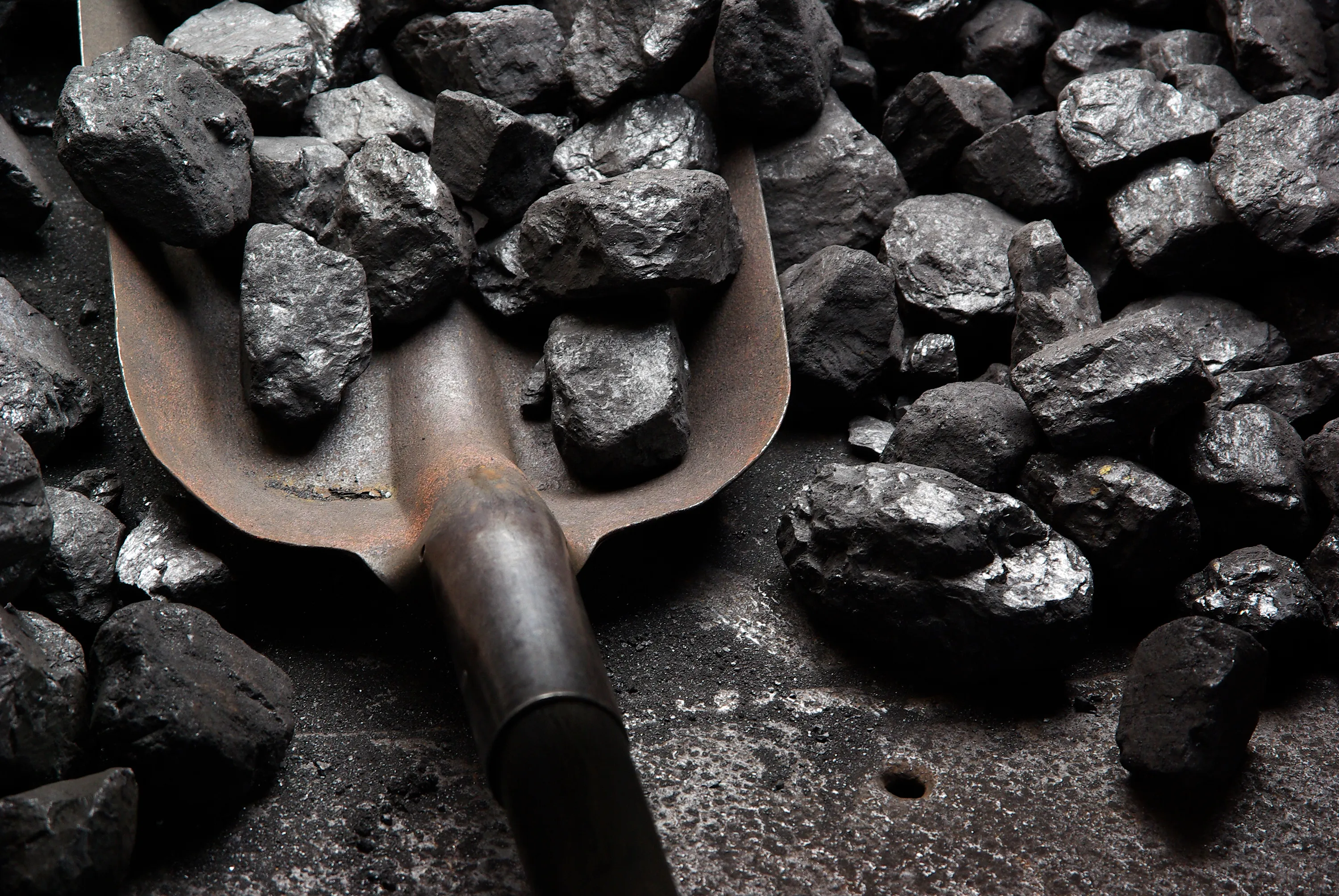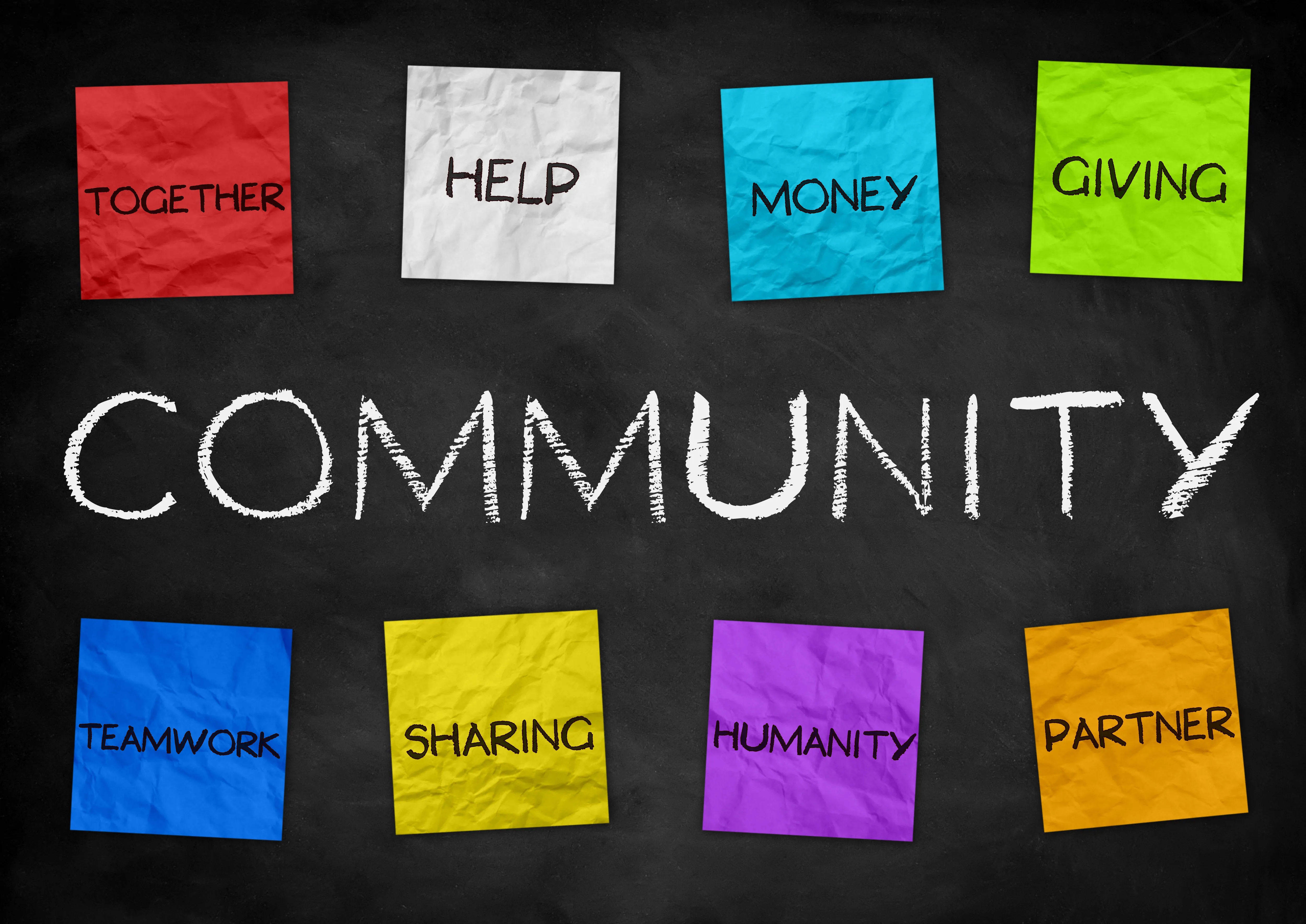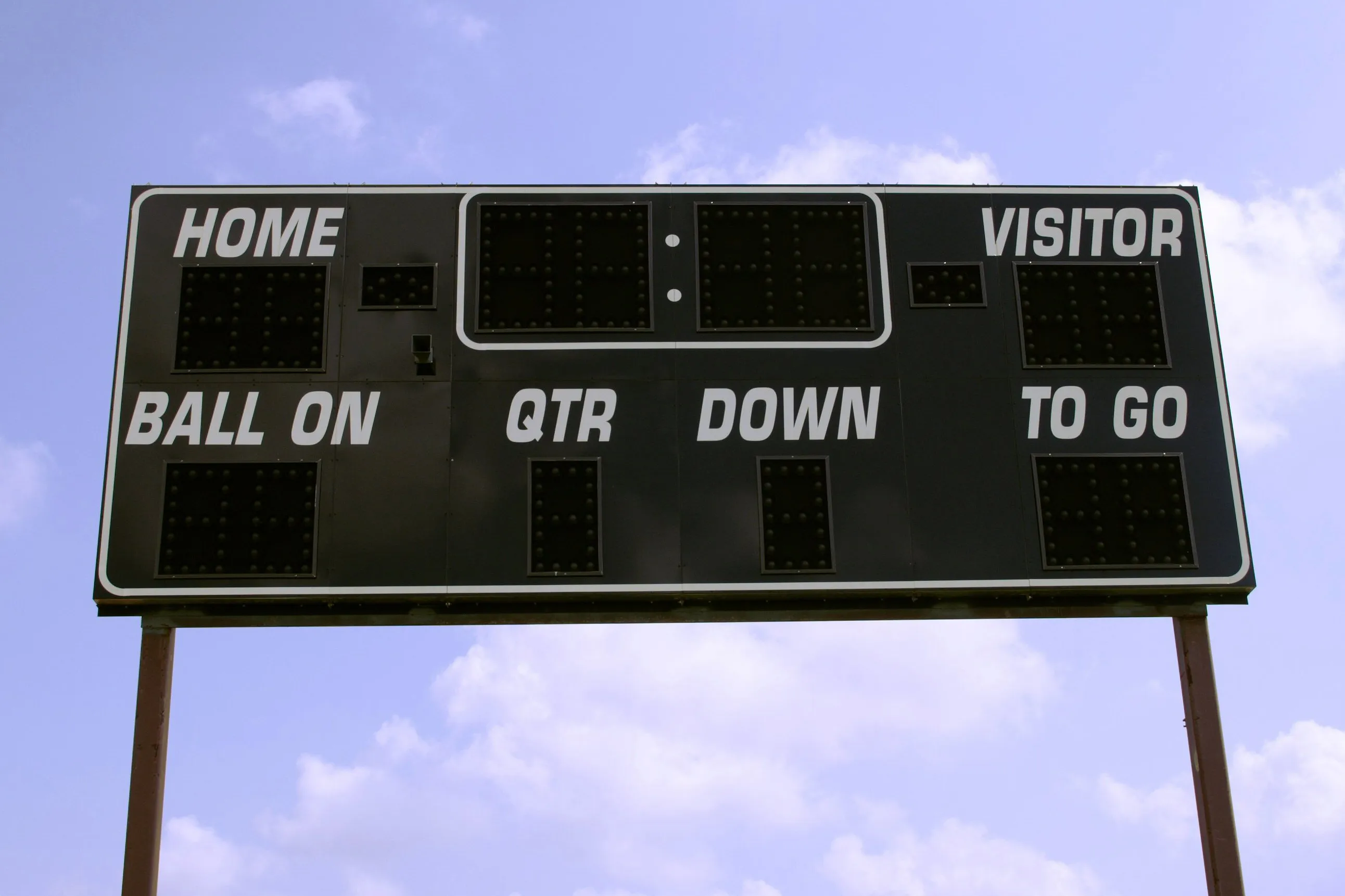
Curious Kids: What is a whistleblower?
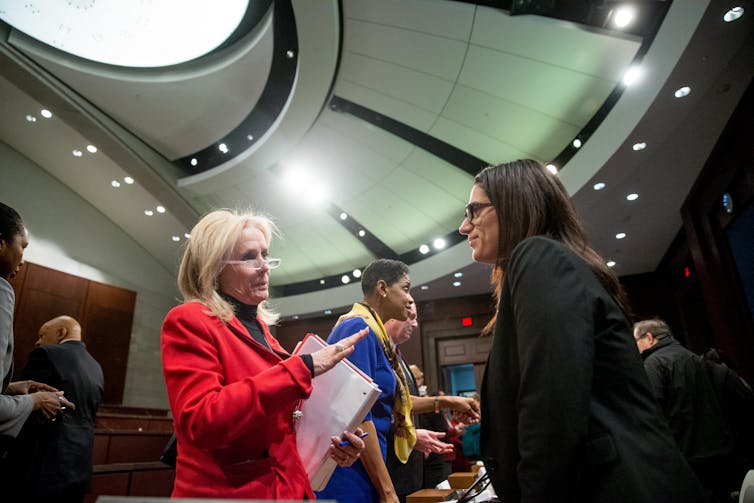
Sarah Webber, University of Dayton and Deborah Archambeault, University of Dayton

Curious Kids is a series for children of all ages. If you have a question you’d like an expert to answer, send it to CuriousKidsUS@theconversation.com.
What is a whistleblower? Sofia V., 13, Alexandria, Virginia
Have you ever seen a referee blow the whistle when a player in a game does something wrong?
When they blow the whistle, referees are alerting others that something bad is happening. They are also telling the person who is not following the rules to stop.
There are other people who choose to alert others when they see something bad happening, even if it is not their job. While these people don’t actually have a whistle, they alert others when they see something bad happening.
We call these people “whistleblowers.”
How do whistleblowers blow their whistle?
Whistleblowers might tell someone in charge that they believe a certain person is not following an important rule at work. They might tell a newspaper reporter or a government official about a secret crime they witnessed. Or they might alert the public themselves — through Facebook or Twitter, for example — about a dangerous situation that is not being addressed.
As legal and financial researchers who study whistleblowing, we have learned about many situations where the actions of a whistleblower have stopped bad behavior and protected others from harm.
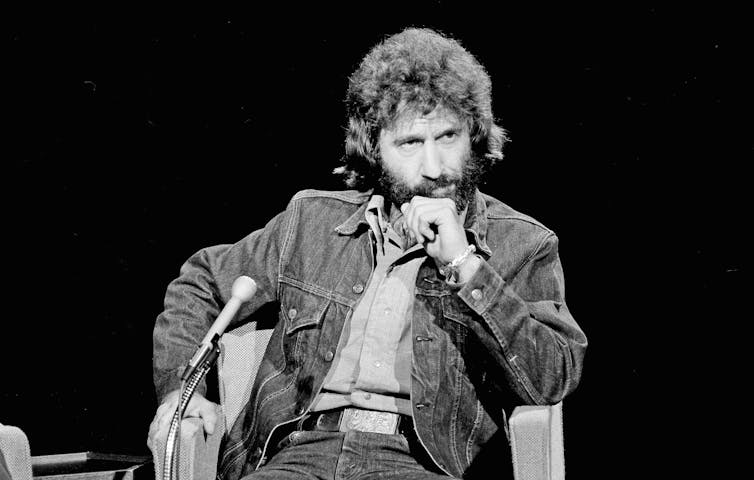
For example, Frank Serpico, known as the “godfather of whistleblowers,” was a New York Police Department officer in the 1960s. He exposed corruption in the department by naming other police officers who accepted bribes from criminals who then broke the law without getting arrested.
Serpico tried first to report the corruption to his bosses. When that didn’t change things, he told the New York Times about the wrongdoing and they wrote about it in the newspaper. Because of this publicity, the Mayor of New York ordered an investigation, which eventually led to reform within the police department.
More recently, in 2015, Dr. Mona Hanna-Attisha, a pediatrician, was instrumental in exposing a public health crisis in Flint, Michigan when she shared her research about unhealthy lead in the city’s water that government officials knew about but did not fix. The lead was poisoning the people who drank the water, especially children.
By sharing this information with the public, she was able to convince local and state officials — and the White House — to declare an emergency. This led government officials to provide safe water to Flint, protecting thousands of children.
Whistleblowers often need extra protection
Whistleblowers often fear that they will anger others by blowing the whistle.
Many people, especially powerful people who have done bad things that are exposed by whistleblowers, do not like whistleblowers’ actions.
They can try to hurt the whistleblowers by firing them.
To protect themselves, whistleblowers can sometimes give information without revealing their name.
The Whistleblower Protection Act is a law that protects a government whistleblower from being harmed by those he or she has angered.
Those protections became the focus of attention recently when a CIA official reported that U.S. President Donald Trump pressured the president of Ukraine to investigate one of Trump’s political rivals. As a result, the House of Representatives started an inquiry into the president’s actions that could lead to him being impeached, or charged with a crime. Trump has called for the identity of this official to be revealed, but the law protects the identity and career of this whistleblower.
See something, say something
The United States government believes whistleblowers perform such an important service that it often pays out cash awards for information — particularly in cases that save the public lots of money.
One whistleblower received US$104 million for reporting that his company was helping others cheat on their taxes.
But whistleblowers are often motivated by the need to correct a wrong — even if it means taking a great personal risk.
Hello, curious kids! Do you have a question you’d like an expert to answer? Ask an adult to send your question to curiouskidsus@theconversation.com.
Please tell us your name, age and the city where you live. We won’t be able to answer every question, but we will do our best.![]()
Sarah Webber, Associate Professor of Accounting, University of Dayton and Deborah Archambeault, Associate Professor of Accounting, University of Dayton
This article is republished from The Conversation under a Creative Commons license. Read the original article.

